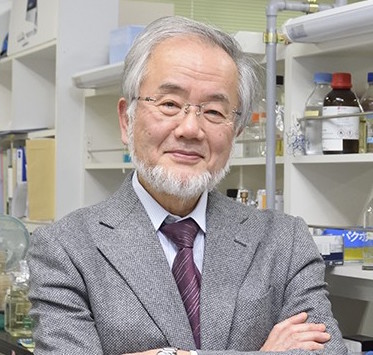The Nobel Prize in medicine will go to Yoshinori Ohsumi, a Japanese scientist and Tokyo Institute of Technology professor known for his work in cell recycling.
Ohsumi, 71, is an expert on autophagy, the “self-eating” process instrumental in the degradation and recycling of cells.
His experiments in the early 1990s, using baker’s yeast, were groundbreaking for the study of autophagy, first discovered in the 1960s, and for the understanding of how the cell recycles its contents. Autophagy mutations can cause disease, and its process is linked to conditions like cancer and neurological disease.
“His pioneering work in yeast led to the discovery of the key genes and fundamental biochemical processes that are required for autophagy,” David Rubinsztein, an autophagy expert and professor at the University of Cambridge, told the BBC.
Ohsumi, speaking to Japanese broadcaster NHK, said he was surprised but “extremely honored” for the award.
The recipient of the Nobel Prize in physiology or medicine is selected by the Nobel Assembly at Karolinska Institutet from a nominee pool of 270 scientists. The winner receives 8 million Swedish kronor.







